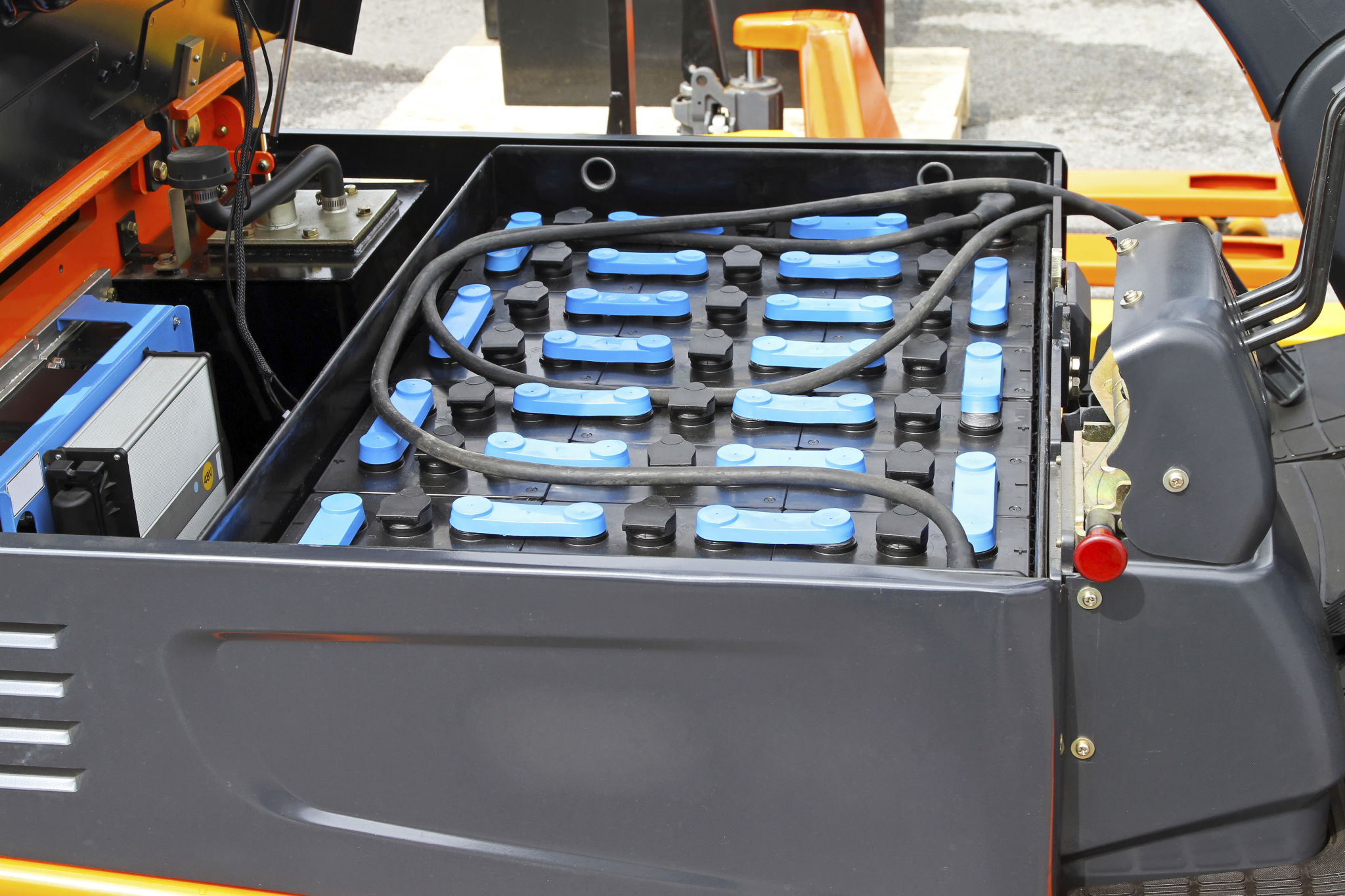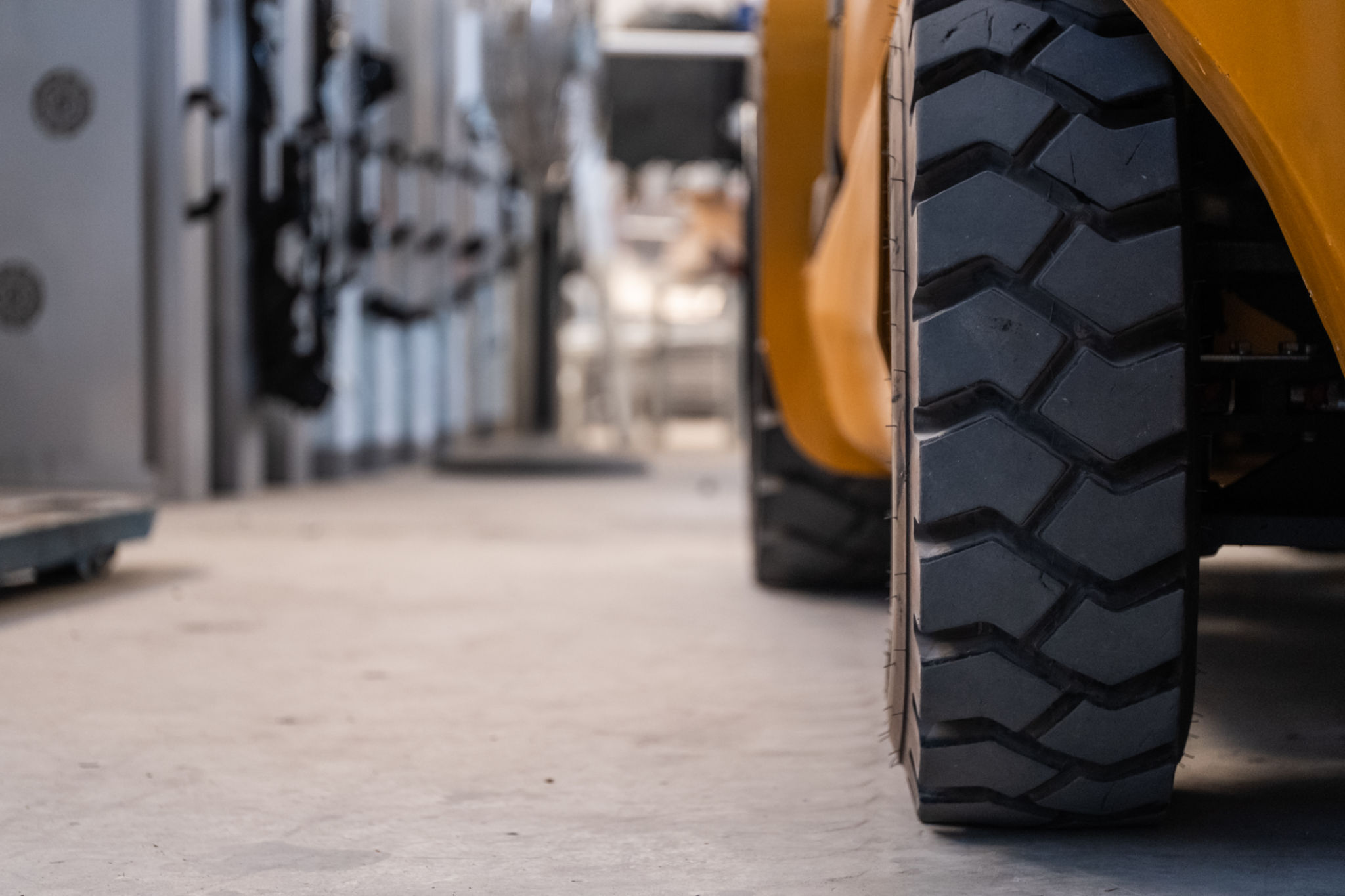Expert Advice: How to Maximize Forklift Performance in Sydney's Climate
Understanding Sydney's Unique Climate
Sydney's climate presents unique challenges for forklift operators. With hot summers, mild winters, and high humidity levels, ensuring optimal forklift performance requires specific strategies. Understanding these environmental factors is crucial for maintaining efficiency and safety in your operations.
Forklifts operating in hot and humid conditions need special attention to prevent overheating and ensure reliability. It's essential to recognize the impact of weather on both the machine and its operator, prioritizing comfort and functionality during extreme temperatures.

Regular Maintenance is Key
One of the most effective ways to maximize forklift performance in Sydney's climate is through regular maintenance. This involves checking the cooling systems, inspecting tires for damage or wear, and ensuring that hydraulic systems are functioning correctly.
Regular maintenance not only prolongs the life of your forklift but also enhances its performance. Scheduling routine inspections can help identify potential issues before they become significant problems, reducing downtime and repair costs.
Adapting to Temperature Fluctuations
Temperature fluctuations can affect a forklift's battery life and overall efficiency. In hotter months, it’s crucial to monitor battery health closely, as excessive heat can reduce battery lifespan significantly. Consider investing in high-quality batteries designed to withstand extreme temperatures.
Operators should also be trained to recognize signs of battery distress, such as slow charging or reduced power. Implementing these practices ensures that your forklifts remain operational throughout the year, regardless of weather conditions.

Ensuring Operator Comfort
Operator comfort is often overlooked but plays a vital role in maintaining performance. During Sydney’s hot summer days, providing air-conditioned cabs or adequate ventilation can significantly enhance productivity and safety.
Additionally, supplying operators with hydration options and implementing regular breaks can prevent heat-related illnesses, ensuring that your workforce remains healthy and efficient.
The Role of Tires in Performance
Tires are a critical component of forklift performance, especially in varying weather conditions. Regular tire checks can prevent accidents caused by reduced traction or tire blowouts. Investing in weather-resistant tires can further enhance safety and efficiency.
Ensure that tires are inflated to the recommended pressure and inspect them for any signs of wear or damage regularly. Proper tire maintenance not only improves safety but also contributes to the forklift's overall performance.

Training and Safety Protocols
Providing comprehensive training for operators on how to handle forklifts in different weather conditions is essential. This includes understanding how to operate machinery safely during wet or slippery conditions and recognizing when to halt operations due to extreme weather.
Implementing strict safety protocols and conducting regular training sessions can significantly reduce the risk of accidents and improve overall operational efficiency. A well-trained team is your best asset in managing the challenges posed by Sydney's climate.
By following these expert tips, businesses in Sydney can maximize their forklift performance, ensuring safety, efficiency, and longevity even in challenging climatic conditions. Investing in maintenance, training, and equipment upgrades will yield long-term benefits for any operation.
